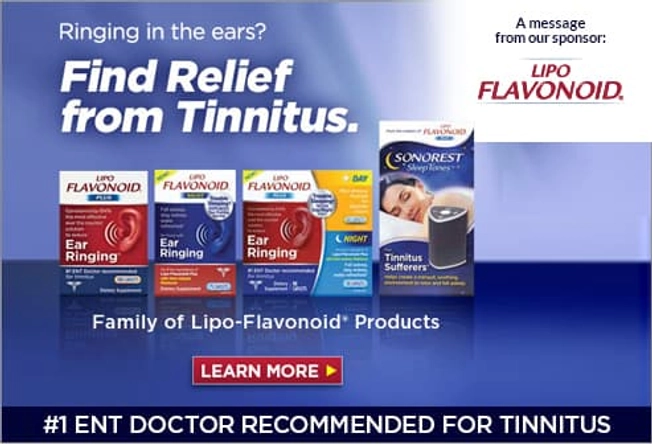15 Things That Can Make Tinnitus Worse

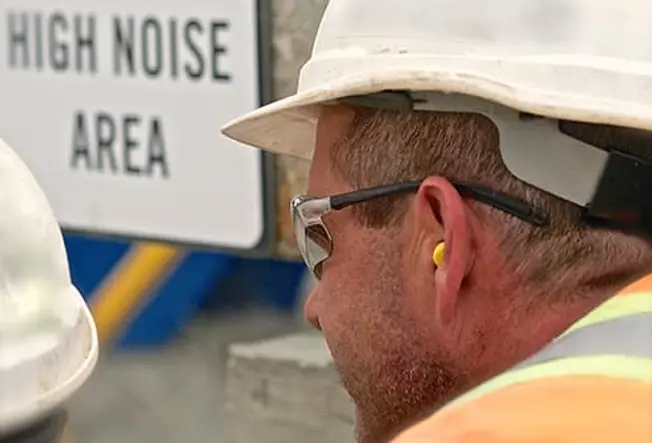
Loud Noises
When you have tinnitus -- or ringing in your ears -- many things can make those sounds worse. One of the most obvious is noise. Loud sounds from things like machinery, headphones, and concerts can cause short-term ringing or permanent hearing loss. Do what you can to avoid it. Move farther away. Wear earplugs. Turn down the volume. Don’t forget to protect kids’ ears, too.

Medicine
The list includes antibiotics, antidepressants, nonsteroidal anti-inflammatory drugs (NSAIDs), cancer drugs, diuretics, and high doses of aspirin. Usually the higher the dose, the greater your chance of problems. Often if you stop taking it, your symptoms will go away. Check with your doctor if you think your meds are to blame. But don't stop any drug without talking to them first.

Stress
Yes, it can make the ringing seem louder. Find ways to relax and get it under control. You might try exercise, deep breathing, or biofeedback. Massage or acupuncture could also help. If you have trouble doing it alone, your doctor may be able to suggest relaxation tips.
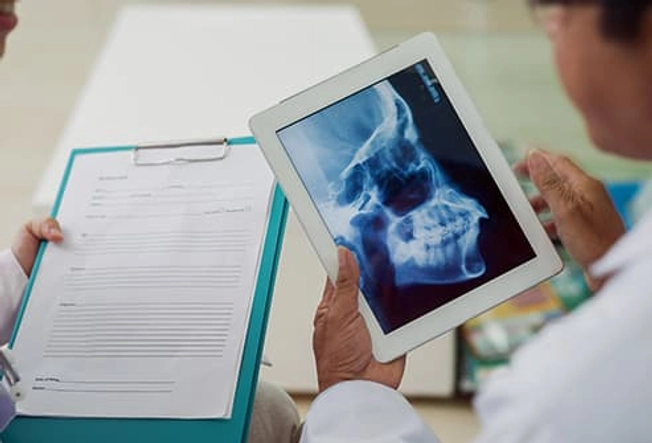
Jaw Problems
Your jaw, or temporomandibular joint (TMJ), shares nerves and ligaments with your middle ear. Problems here can cause ear pain and noise in your ears. Your jaw might pop, and it could hurt to talk or chew. A dentist, oral surgeon, or otolaryngologist (also known as an ear, nose, and throat doctor, or ENT) can diagnose and treat it so the ringing doesn’t get worse.
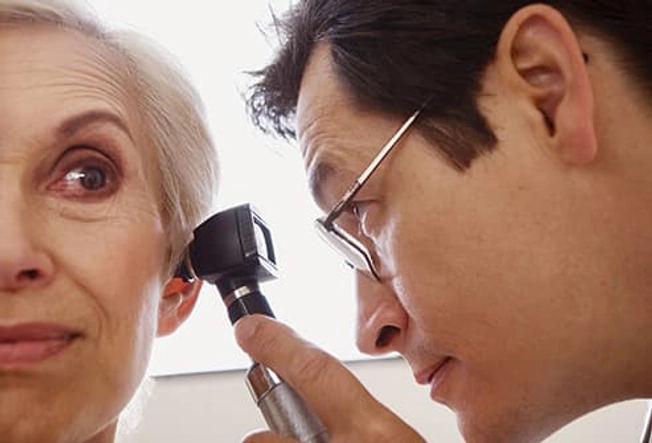
Earwax
Your body makes this gunky stuff to trap dirt and protect your ears. But sometimes it builds up and can cause problems. That can lead to ringing and even temporary hearing loss. Your doctor can see if there’s a buildup in your ears and remove it gently. Don't use cotton swabs to try to do it yourself.
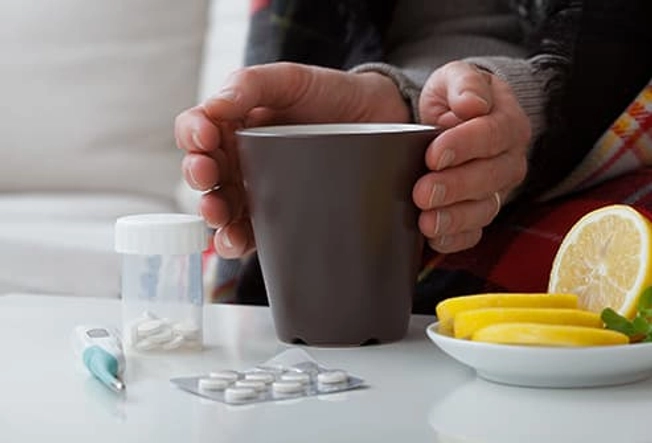
Infections
You might notice ringing not long after you've had a cold. If that's the reason, it shouldn’t last long. If the noise doesn't go away after about a week, see your doctor. You could have an ear or sinus infection.
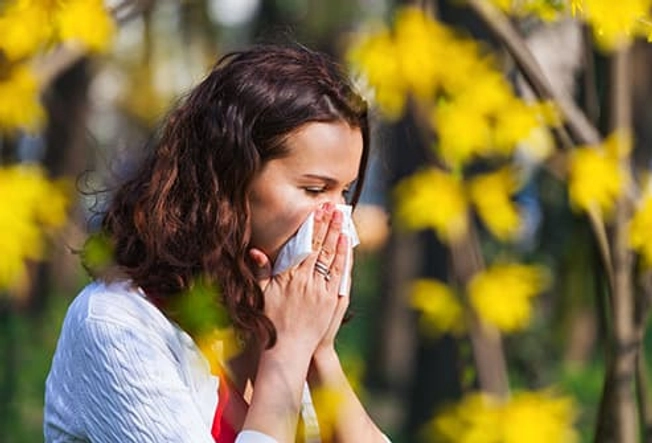
Allergies
You may need to try an allergy medicine to treat symptoms or change the drugs you’re taking. See your doctor or an allergist for advice.
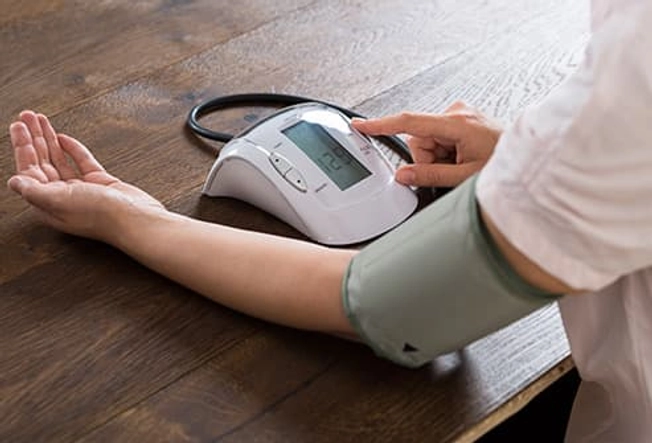
Blood Pressure
If you know your blood pressure is high, check it often. Your doctor can help you control it. Sometimes low blood pressure is also to blame. Your doctor can keep an eye on that, too.
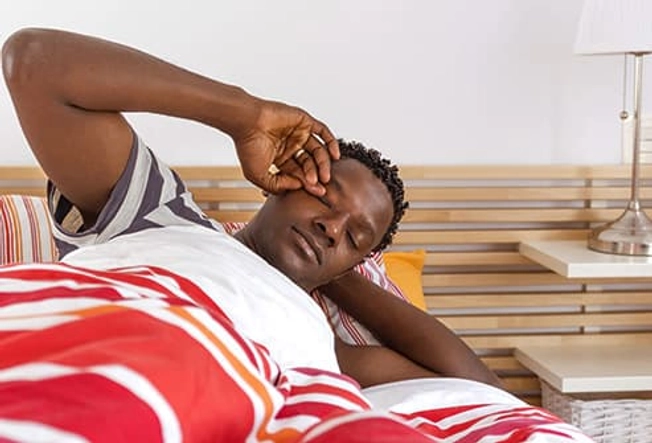
Sleep Problems
Tired all the time? That can trigger tinnitus or make it worse. Aim for about 8 hours of sleep every night. If you need help nodding off, ask your doctor.
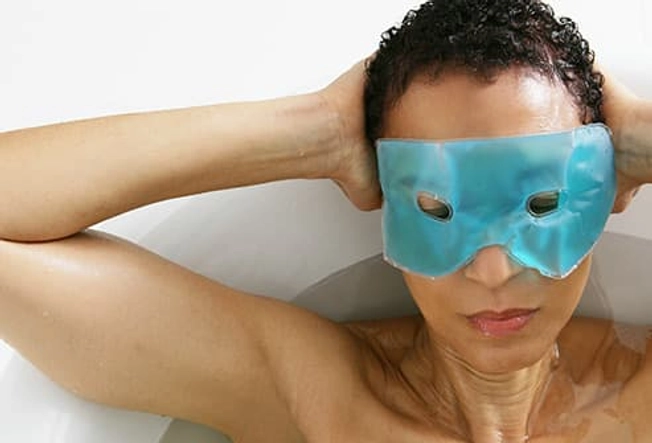
Migraines
The two go hand in hand. The pain can make it worse if it robs you of sleep and cranks up your stress level. Ease the migraine and the ringing could let up, too.

Alcohol
Drinking can boost your blood pressure, which can make you notice the ringing more. Cut back and see if that makes the ringing better.
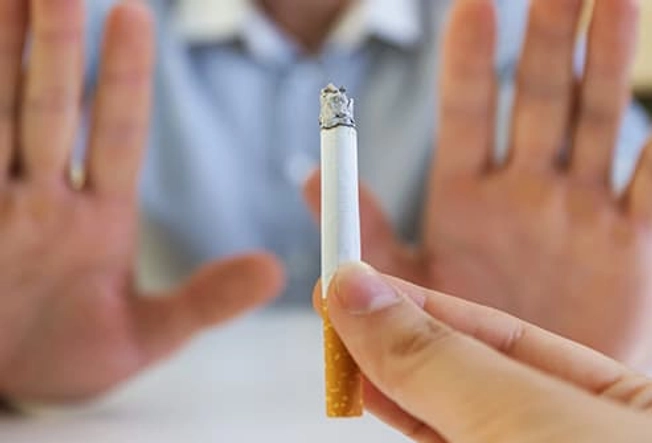
Smoking
Kick the habit. Nicotine in cigarettes and other products can make your tinnitus worse. Smoking can narrow the blood vessels that bring oxygen to your ears. It can also cause your blood pressure to go up.

Caffeine
Try cutting back on coffee or colas to see if the ringing gets better. Caffeine can also raise your blood pressure, which can bring on the ring in some people. Cut back and see if it helps.
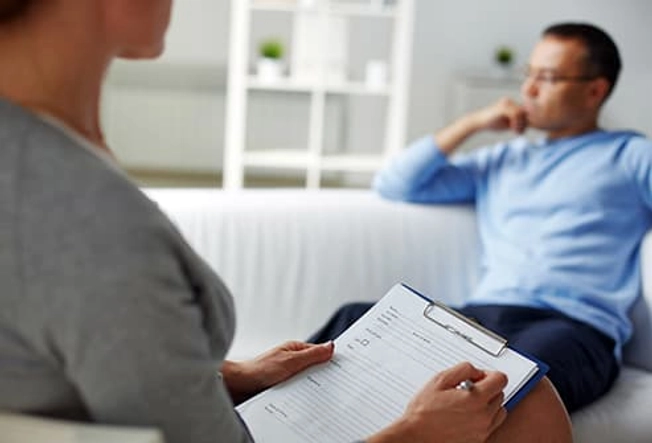
Depression and Anxiety
They can make the sounds you hear seem louder. So can some of the drugs you take to treat them. Because having tinnitus can also bring you down, your doctor can help you find ways to feel better and manage your emotions.
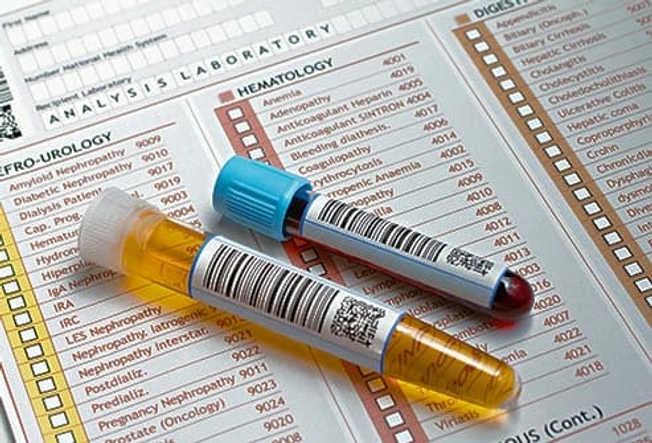
Other Conditions
Some cause the ringing; others make it worse. They range from thyroid issues to anemia, autoimmune conditions, and structural problems with your inner ear. Work with your doctor to find the cause and figure out how to treat it.
